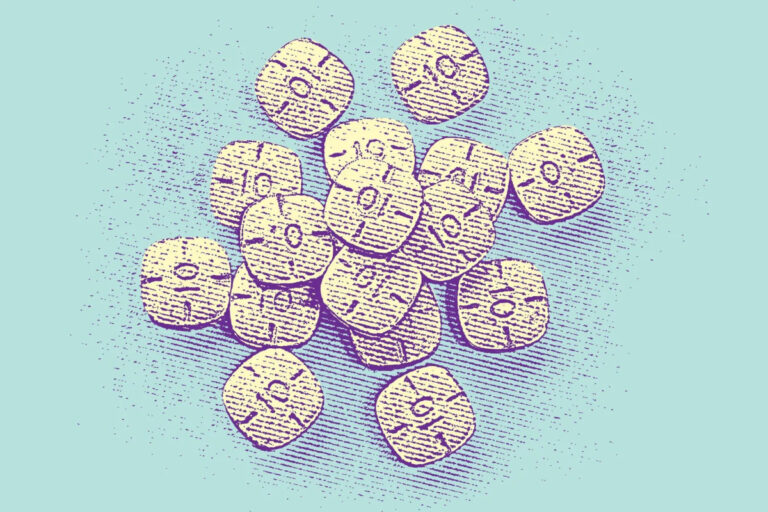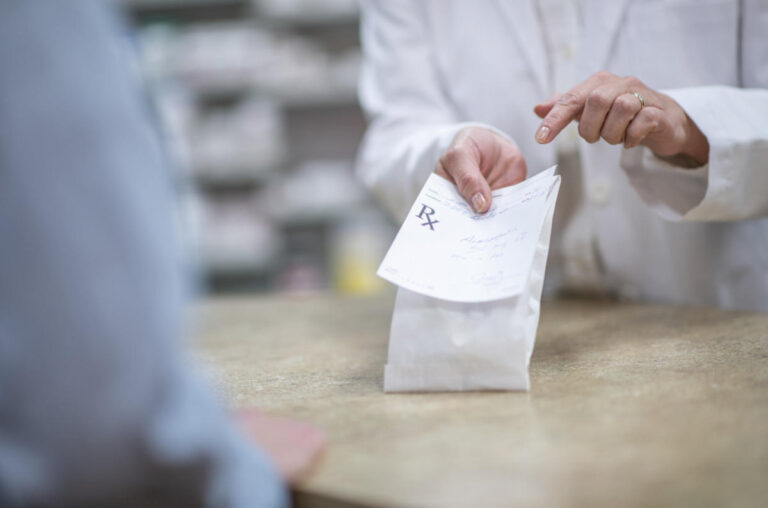Can a Wakefulness Drug Like Modafinil Help PTSD? What You Need to Know
Post-Traumatic Stress Disorder (PTSD) is a serious condition that can affect how people think, feel, and function in daily life. Some researchers have asked whether modafinil, a drug that promotes wakefulness, could help patients with PTSD. This article reviews what we know, what we do not know, and where research may be heading.
What Is PTSD?
Post-Traumatic Stress Disorder (PTSD) develops after exposure to trauma such as combat, accidents, natural disasters, or assault. The main symptoms include:
- Intrusive thoughts or flashbacks
- Nightmares
- Avoidance of reminders of trauma
- Negative changes in mood or thinking
- Hyperarousal, such as being easily startled or constantly on guard
PTSD is associated with significant long-term effects on mental health, relationships, and work. It also increases the risk of depression, substance use, and suicide (Mann, Marwaha, & Torrico, 2024).
What Is Modafinil?
Modafinil is a prescription drug that promotes wakefulness. In the United States, the FDA has approved it for three conditions:
- Narcolepsy
- Obstructive sleep apnea (OSA), as an add-on to continuous positive airway pressure (CPAP)
- Shift work disorder (SWD)
It works differently than classic stimulants like amphetamines. Modafinil weakly inhibits dopamine reuptake and also influences brain pathways related to orexin, histamine, and glutamate (Greenblatt & Adams, 2023).
The drug is sometimes prescribed off-label for other conditions such as fatigue in multiple sclerosis, depression, and attention-deficit/hyperactivity disorder (ADHD).
Can Modafinil Help with PTSD?
Preclinical Evidence
A 2016 study tested modafinil in a rat model of PTSD. When given soon after stress exposure, modafinil reduced the development of PTSD-like behaviors. Researchers suggested this effect was due to stimulation of hypothalamic circuits that include the orexin system, neuropeptide Y, and the hypothalamic-pituitary-adrenal (HPA) axis. These changes promoted more adaptive stress responses (Cohen et al., 2016).
While these results are promising, they are limited to animal research. They do not prove that modafinil will help people with PTSD.
Clinical Evidence
So far, there are no randomized controlled trials of modafinil for PTSD. A 2022 Cochrane systematic review of 66 clinical trials on medications for PTSD did not include modafinil among evidence-based options (Williams, Phillips, Stein, & Ipser, 2022).
The review found the strongest support for:
- SSRIs such as sertraline and paroxetine
- Noradrenergic and specific serotonergic antidepressants (NaSSAs) like mirtazapine
- Tricyclic antidepressants (TCAs) such as amitriptyline
At present, SSRIs remain the recommended first-line pharmacological treatment for PTSD (Williams et al., 2022).
How Modafinil Might Theoretically Help PTSD
Even though there are no clinical trials, researchers have suggested possible ways modafinil could affect PTSD symptoms:
- Reducing fatigue and excessive sleepiness
- Improving concentration and cognitive function
- Counteracting emotional disengagement
- Modulating stress circuits, as seen in animal models
These ideas remain theoretical until confirmed in well-designed human studies.
Risks and Limitations of Modafinil
According to the FDA prescribing information, modafinil is generally well tolerated but can cause side effects such as headache, nausea, anxiety, and insomnia (U.S. Food and Drug Administration, 2015). Serious but rare risks include:
- Severe skin reactions such as Stevens-Johnson Syndrome
- Multi-organ hypersensitivity
- Psychiatric symptoms such as mania, psychosis, or worsening depression
- Cardiovascular effects requiring caution in patients with heart disease
Because many people with PTSD already experience anxiety, sleep problems, or substance use risk, these side effects are especially important to consider. Modafinil is a controlled substance (Schedule IV) because of its potential for misuse.
Final Verdict: Is Modafinil a Breakthrough for PTSD?
The current evidence does not support using modafinil to treat PTSD. Animal studies suggest possible benefits, but human research is lacking. Standard treatments such as psychotherapy and SSRIs remain the foundation of care.
Modafinil could be considered for future studies, especially in cases of treatment-resistant PTSD or where fatigue is a dominant symptom. For now, patients and clinicians should rely on established therapies and approach off-label use of modafinil with caution and medical supervision.
FAQs
Can I take modafinil if I already use antidepressants?
Some antidepressants and modafinil can interact, especially through liver enzyme metabolism. This should always be discussed with a prescribing clinician.
Is modafinil addictive?
Modafinil has lower abuse potential than amphetamines but still carries some risk. It is classified as a Schedule IV controlled substance in the United States (U.S. Food and Drug Administration, 2015).
Does modafinil help with PTSD-related nightmares?
There is no evidence that modafinil helps with nightmares. Other treatments, such as prazosin, have more research support for this specific symptom.
Can modafinil replace standard PTSD treatments?
No. There is no clinical evidence to support replacing established treatments like psychotherapy or SSRIs with modafinil.
References
- U.S. Food and Drug Administration. (2015). PROVIGIL® (modafinil) tablets, for oral use, C-IV [Prescribing information]. U.S. Department of Health and Human Services. https://www.accessdata.fda.gov/drugsatfda_docs/label/2015/020717s037s038lbl.pdf
- Greenblatt, K., & Adams, N. (2023, February 6). Modafinil. In StatPearls. StatPearls Publishing. https://www.ncbi.nlm.nih.gov/books/NBK531476/
- Cohen, S., Ifergane, G., Vainer, E., Matar, M. A., Kaplan, Z., Zohar, J., Mathé, A. A., & Cohen, H. (2016). The wake-promoting drug modafinil stimulates specific hypothalamic circuits to promote adaptive stress responses in an animal model of PTSD. Translational Psychiatry, 6(10), e917. https://doi.org/10.1038/tp.2016.172
- Mann, S. K., Marwaha, R., & Torrico, T. J. (2024). Posttraumatic stress disorder. In StatPearls. StatPearls Publishing. https://www.ncbi.nlm.nih.gov/books/NBK559129/
- Williams, T., Phillips, N. J., Stein, D. J., & Ipser, J. C. (2022). Pharmacotherapy for post traumatic stress disorder (PTSD). Cochrane Database of Systematic Reviews, 2022(3), CD002795. https://doi.org/10.1002/14651858.CD002795.pub3








